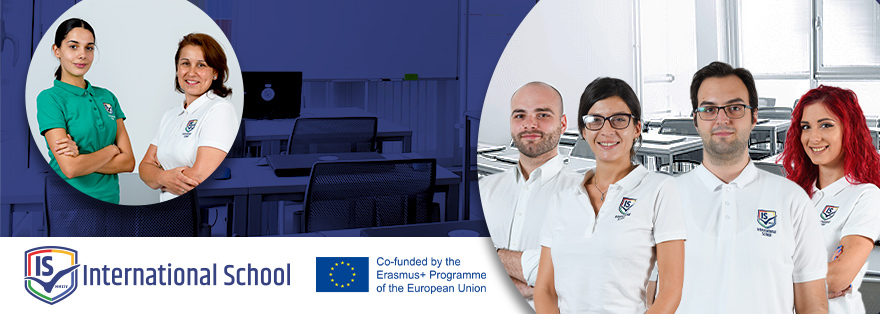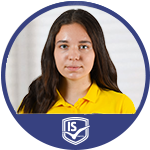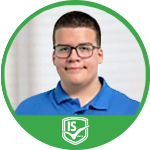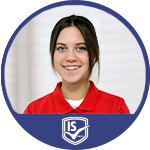The COVID-19 pandemic has had a significant impact on the regular delivery of education. While it demonstrated how quickly online technological solutions can aid in times of crises, it also exposed the challenges teachers experience when online delivery is necessary. At the same time, language learning pedagogy, due its communicative nature of instruction, has not exploited technology as effectively as pedagogy in other disciplines.

English language learning in secondary education is still largely oriented towards grammar and technical knowledge and students emerging from secondary education underachieve in real English communication. This contrasts with the fact that communicative knowledge of English in today’s globalised environment is necessary for personal and professional growth. Moreover, for most internet users who are not native English speakers, contact with English is unavoidable also in recreational online activities. The Consortium Partners performed a survey on teachers in their networks, which provided a Needs Analysis for the project. We identified a need to equip English language teachers in secondary education with digital skills allowing them to work effectively in their classrooms of today.
The project leader is the LUMINAR Foundation, and the partners are Atlantic Language (Ireland), Istituto Tecnico Tecnologico G. Malafarina (Italy), LO Dubiecko (Poland), CLV Liceum Ogolnoksztalcace z Oddzialami Dwujezycznymi im. Bohaterek Powstania Warszawskiego (Poland), International School (Serbia), Platon m.e.p.e (Greece), Bursa MEM (Turkey), Nordic Edtech Forum N8 MTÜ (Estonia).









